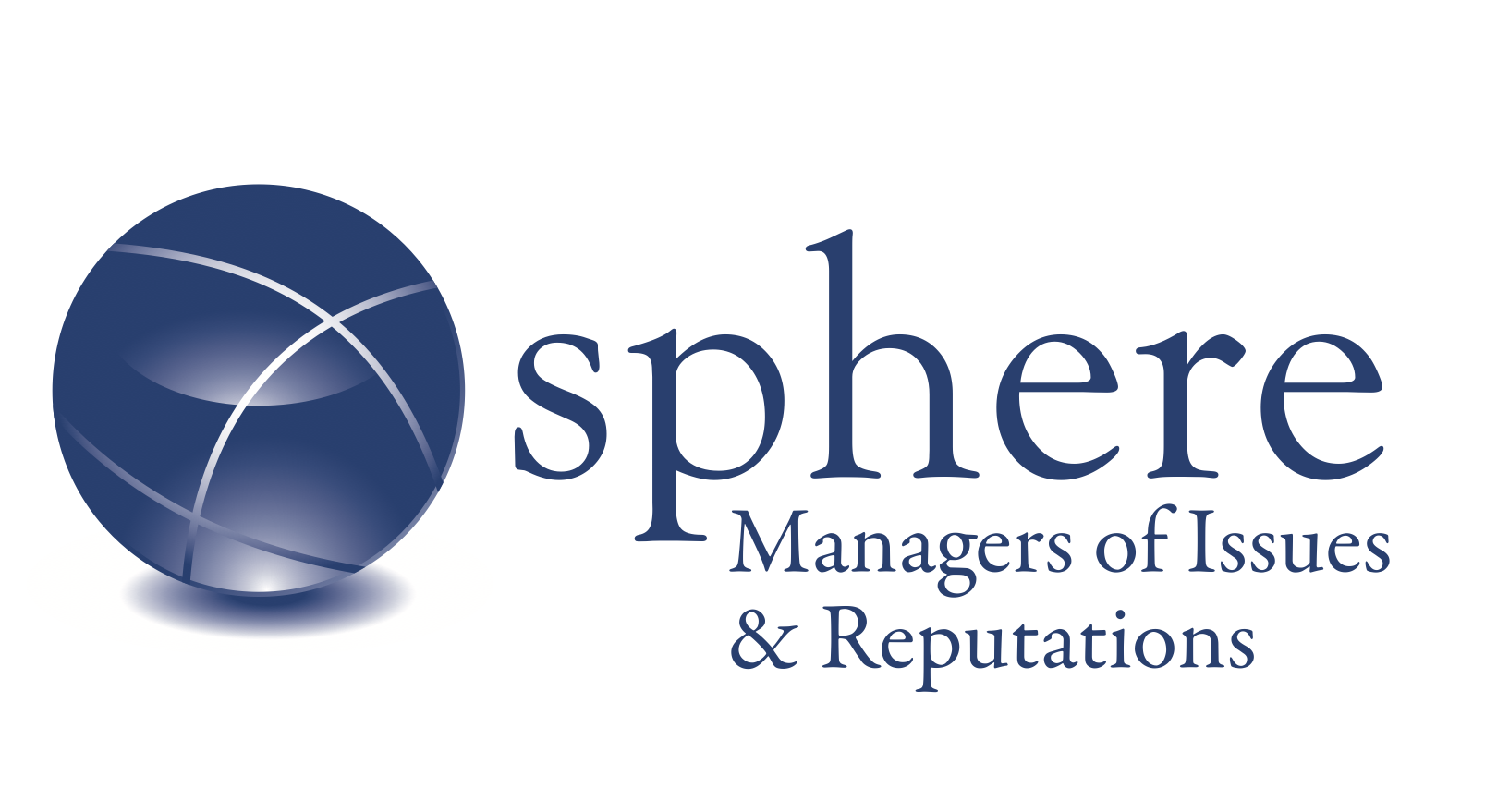22 Aug
2016
Sphere Managing Partner Publishes Op-ed Entitled “The disclosure wars”
The disclosure wars
By: Jim Courtovich
The Hill
When the New York Times unveiled its two-part series accusing think tanks and corporations of “influence peddling” with demands for further disclosure, I could not ignore the timing of its release. Sen. Elizabeth Warren’s corresponding interview led the reporting, and I knew that we were in for another front in the “disclosure wars”.
The business community won the last round, supporting an amendment in the 2015 omnibus that prohibited the Securities and Exchange Commission from mandating that public companies disclose their political spending beyond existing federal and state law. This was a blow for the liberal policy and activist community, which following Citizens United seized on the strategy of using the SEC’s unique powers to force companies to disclose their political spending activities. Most Democrats believe that by targeting corporations with new disclosure requirements they can force companies to cede their First Amendment rights to drive policy discussions. Instead of allowing companies to grow their businesses and employ more people, these efforts would turn every serious policy debate into a political battle instead of a serious discussion.
Now, a month before that very SEC amendment comes up for renewal and as Congress prepares to pass another budget resolution, the New York Times and New England Center for Investigative Reporting have pushed corporate America onto its disclosure heels again. The goal of the liberal activists is not, however, simply to get companies to disclose what they are doing. It is, rather, an attempt to gain a seat at the table in forging corporate policy, put strict limits on corporate speech.
This is not an argument against disclosure. But consider the evidence: A leaked 2012 Media Matters playbook strategized to, “Aggressively attack [Company], or provide the information to progressive partners to attack [Company] for supporting policies.” A more recent guide from Think Progress offered messages to associate consumer brands with politics saying, “Have you eaten at White Castle recently? Or caught a movie at Regal Cinemas? If so, you may be unwittingly helping finance right-wing attack ads.” Liberal activists distort the facts of a company’s membership in a trade association or policy group, which has as members hundreds of other companies with disparate policy aims, as a blanket endorsement on all issues.
As the federal government intrudes more and more in to the day-to-day operations of all public companies it is imperative for corporations to be involved in policy discussions and government affairs through trade associations, policy groups, social welfare organizations, and think tanks. And they should have the option to have their voice heard without the harassment of their opponents.
When we seek to put a debate on center stage, we look for credible like-minded groups and organizations to carry our message. We never try to buy their support, giving them money to change a position or to take one where none existed before. Ours is a time-honored way of injecting more voices into the public debate. Restricting the ability of companies to engage in public debate will not further the goal of robust policy making.
The lesson for companies is that you can’t appease the activists with more disclosure, because they are not satisfied until you remove yourself from the discussion altogether. In a very un-American way, these groups are on a quest to restrict free speech, not promote it. They have failed to achieve their policy goals through the legislative process and are now looking to succeed through regulator forum shopping. They did not like the Federal Election Commission’s determination, the Supreme Court’s nor the Court of Appeals ruling, so they move to the next target. They have even mentioned trying to pass their proposal through the 50 state insurance regulators, and they continue to push shareholder resolutions through the proxy process unsuccessfully.
Today, we are talking about think tanks, but tomorrow it will be another battle in their multi-front war to use disclosure as the stick to punish corporations for being in public policy. If the war on corporate free speech seemed bad in the past several years, it will gain even more momentum if the Democrats gain control of the Senate.
Make no mistake about the timing; come the Fall you will hear the cries for the S.E.C. to act, and it is no mistake that Sen. Warren coordinated this effort with the expiration of that pesky S.E.C. prohibition.
